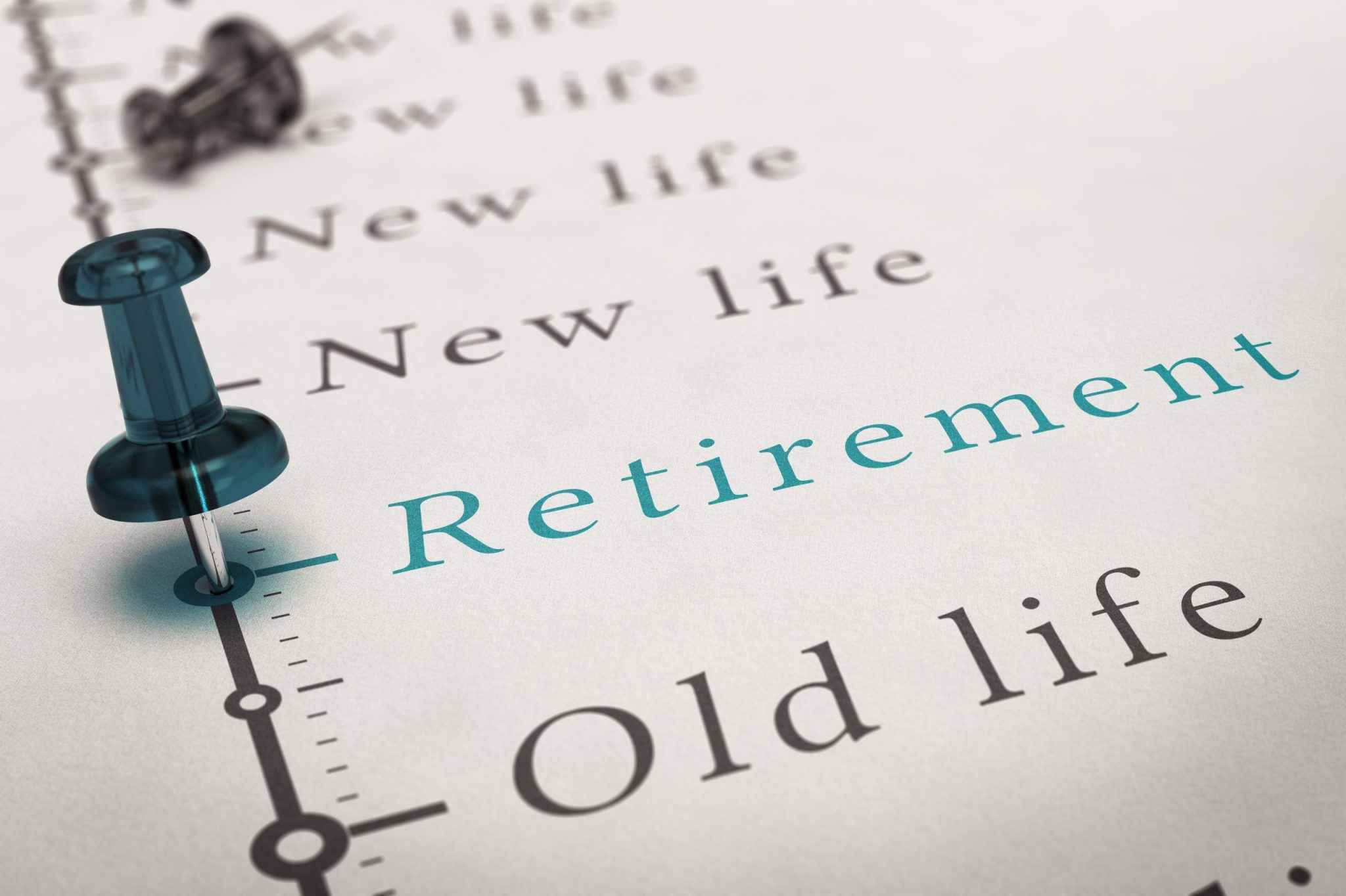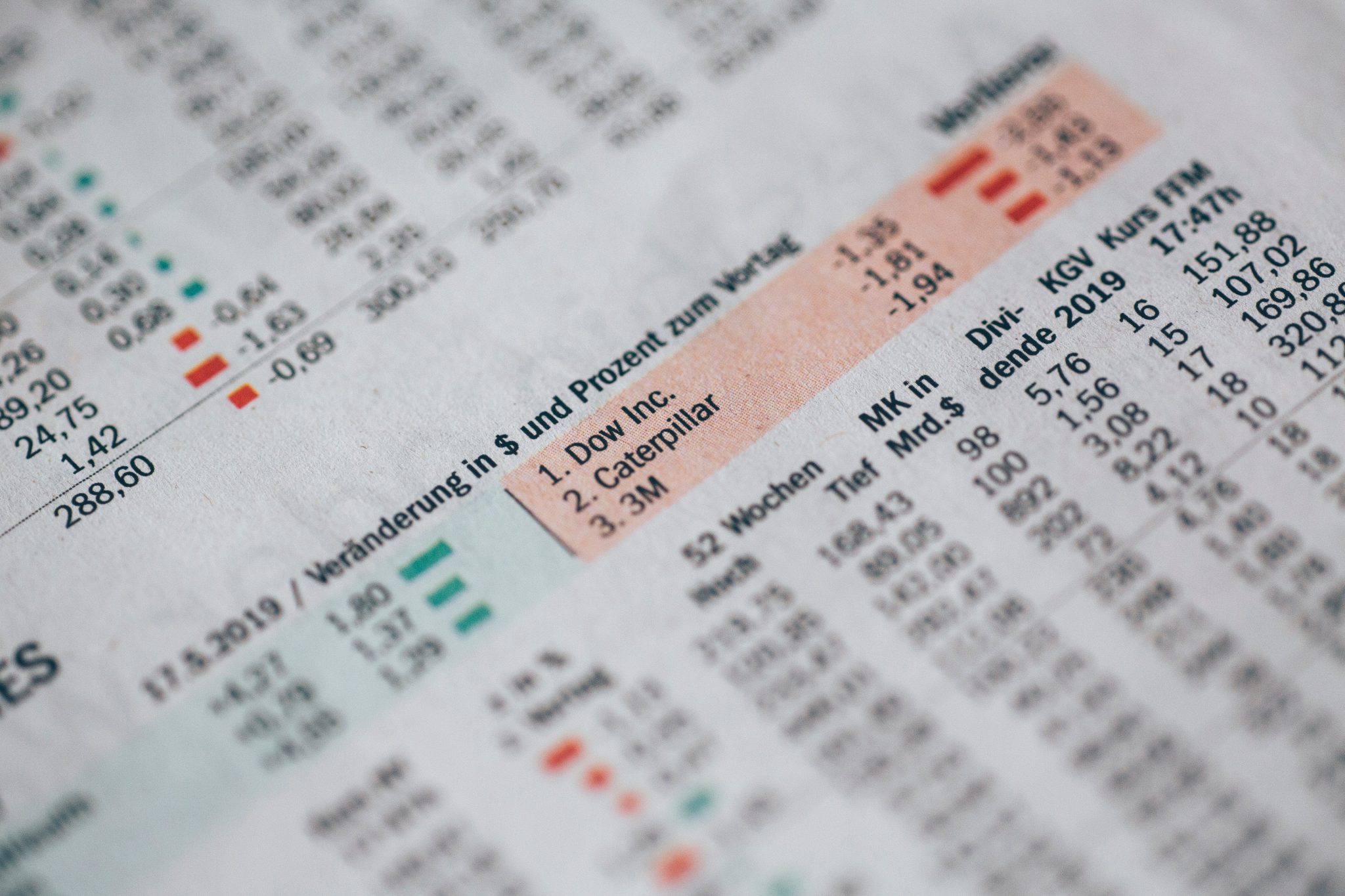What happens to your pension when you leave a job? That depends on the specific pension plan, whether or not you are vested, and what you want to do with it.
Defined Benefit Pension Plan
If you have a traditional defined benefit pension plan that promises a monthly payment upon retirement based on your years of service and salary, you may have several options. First, you need to know whether or not you are vested.
Vesting
If you are vested in the pension plan that means you’ve met the requirements to earn a pension benefit even if you leave the job before retirement. You may either be fully vested or not fully vested. It depends on how long you’ve worked with your company.
The vesting period varies depending on the plan and company. It can be anywhere between immediately and seven years, but typically it’s around five years.
- If you’re vested but not yet eligible for retirement, you may have the option to leave your pension with the employer’s plan and receive the benefit when you reach the plan’s retirement age. The benefit will continue to accrue based on your years of service and salary up until your retirement.
- You also have a choice to take a lump sum payout. If you take the payout, you’ll receive a check for the lump sum value of your pension. You’ll owe taxes on the entire amount, to include a 10% early withdrawal penalty if you are under 59 &½.
- If you want the pension funds to continue growing for your retirement, you can transfer the pension to another qualified retirement account. That might be an Individual Retirement Account (IRA), Roth IRA, or a new employer’s pension plan. This option allows you to take control of your pension funds and manage them according to your needs.
Defined Contribution Pension Plan
If you have a defined contribution plan, such as a 401(k) or a similar retirement savings account, the funds you contributed to the account belong to you. If your employer made matching contributions then those may or may not belong to you. Again, it depends on the vesting schedule. Your vested balance is the total amount of your account that you get to keep.
- Leave the Funds: You can choose to leave your funds in the account, where they will continue to grow tax-deferred. You won’t be able to contribute to it anymore. But, you can manage the investments and make decisions about withdrawals based on the plan’s rules.
- Rollover: You can roll over the funds into an IRA or a new employer’s retirement plan. This option allows you to maintain the tax advantages and continue saving for retirement.
- Cash Withdrawal: You can withdraw the funds from the account, but be aware that it may be subject to income taxes and early withdrawal penalties if you’re under the age of 59½.
It’s important to note that pension plans can vary significantly, so it’s best to review the specific details of your pension plan. Consult with a financial advisor, or contact the plan administrator for accurate information about your options when leaving a job.
Need help understanding what happens to your pension when you leave a job and how it impacts your retirement readiness? Email me at [email protected] or call 903-471-0624 and I’ll be glad to help you.







